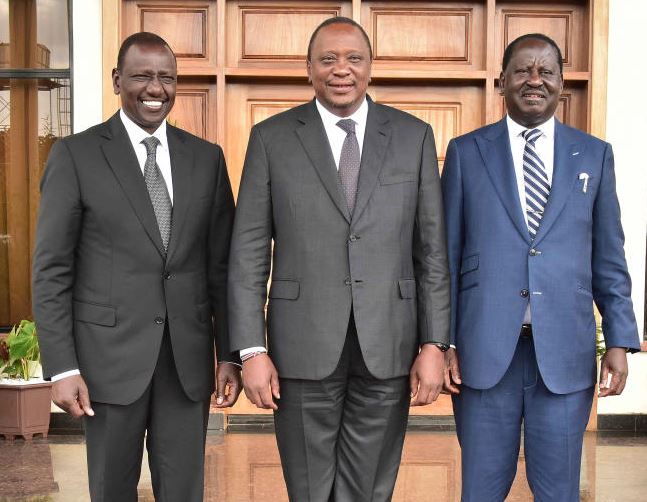×
The Standard e-Paper
Fearless, Trusted News

As Kenya gets closer to the official release of the Building Bridges Initiative (BBI) report, criticism of its reported contents is intensifying.
While opponents of the Uhuru-Raila coalition emphasise potential points of future disagreement, it is essential that Kenyans maintain focus on the goal that unites them: creation of a reformed governance system that guarantees peaceful transfer of power for future generations.